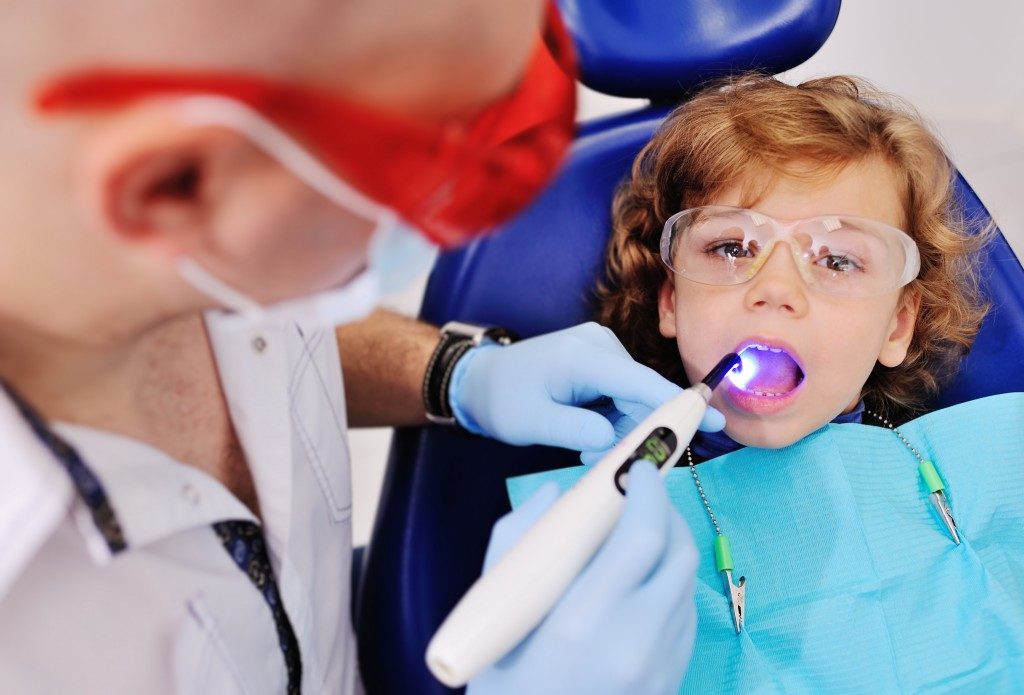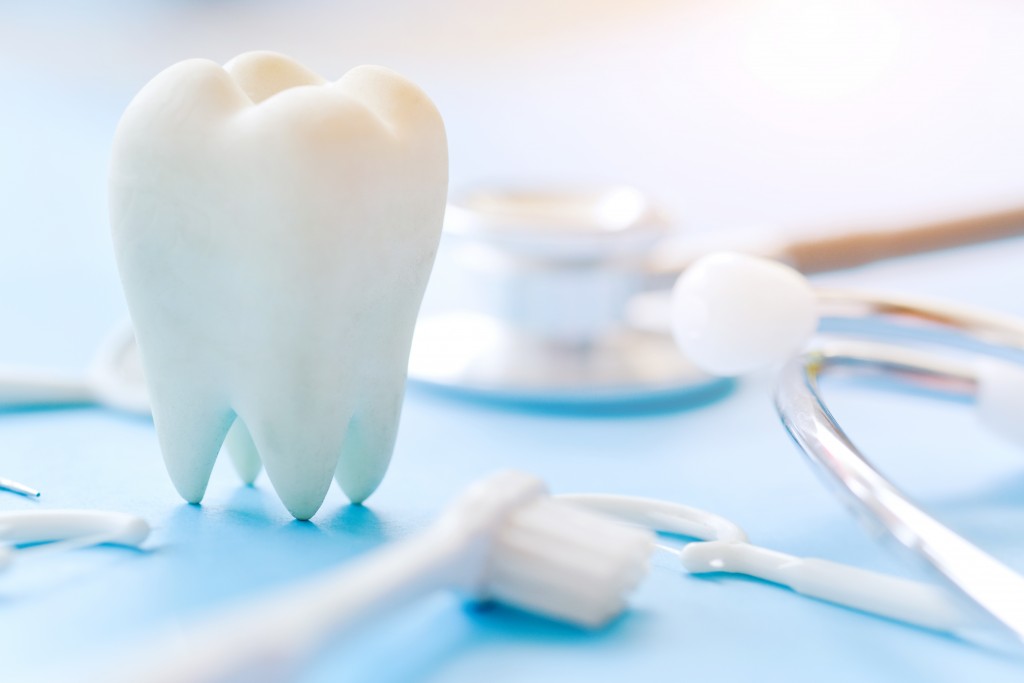Disclaimer: This website provides health information for educational purposes only and is not a substitute for professional medical advice, diagnosis, or treatment. Always seek the guidance of a qualified healthcare provider with any questions you may have.
No matter how old your child can be, she’s still at risk of developing cavities long before she has her first taste of candy. Parents often think that their child can get cavities only if they don’t brush their teeth or have bad dental habits.
But a child can be especially prone to dental cavity when it runs in their family.
Learning more about dental caries
All babies are naturally born without any harmful bacteria inside their mouth. But there are a few studies that prove that mothers typically transfer these bacteria to their children before they reach the age of two.
It usually happens when a mother transfers her saliva into the child’s mouth.
When a mother already has cavities, there’s a chance that she can move the germs along through salivary transfer. It typically happens whenever she uses the same spoon as her baby regularly. Letting her child use her toothbrush to brush her teeth can also do the same thing.
Once a child already has it in their mouth, he’ll become more prone to developing cavities in her baby teeth. Thus, causing her to experience pain whenever she’s eating. Experts say that although soft teeth are old wives’ tales, the fact that people can transfer high amounts of decay-causing bacteria within the family is real.
If you’re experiencing problems with your teeth, you need to remain vigilant with your child’s mental health. But how can you do it?
Preventing tooth decay in your child

There are ways to help prevent tooth decay from happening in your child’s teeth. One way to do it is by not allowing your child to sleep with a bottle of milk or take a sip of milk or juice before going to bed.
If you want to give your child something to drink before going to bed, then it’s best to let her enjoy a cup of water instead. Also, teach your child to brush and floss her teeth every day. You should also avoid giving him any sweet treats if possible.
Refrain from giving her any foods that have a high concentration of citric acids as this can weaken her teeth’s enamel. You should also be selective on your child’s toothbrush, too. Choose a soft-bristled brush to brush their teeth with especially when they had sweets.
But it’s best not to let them use fluoride toothpaste until they reach the age of two. Teach them how to brush their teeth properly so that they can get those hard to reach places inside their mouth. If your child already has tooth decay, then you need to see a dentist for children here in Utah immediately.
The dentist may need to install a full crown on your child’s teeth to treat it.
As a parent, it’s your role to protect your child’s teeth from any bacteria that can cause it to get damaged. Teaching her the basics of good oral health habits will ensure that your child’s teeth have the right level of protection against tooth decay.




